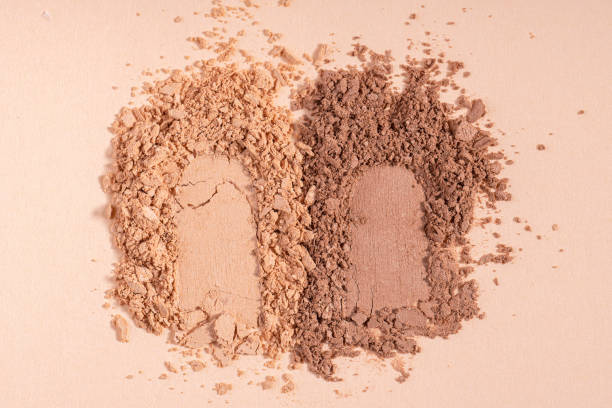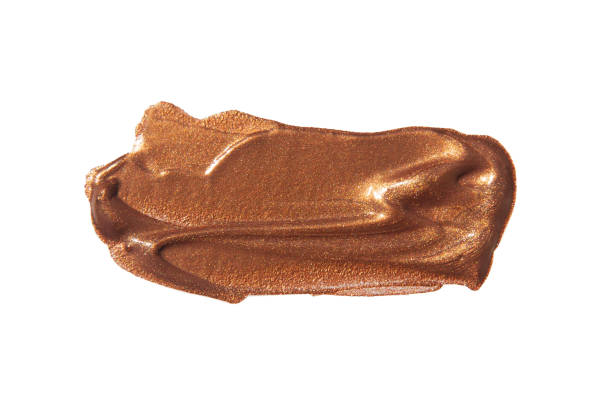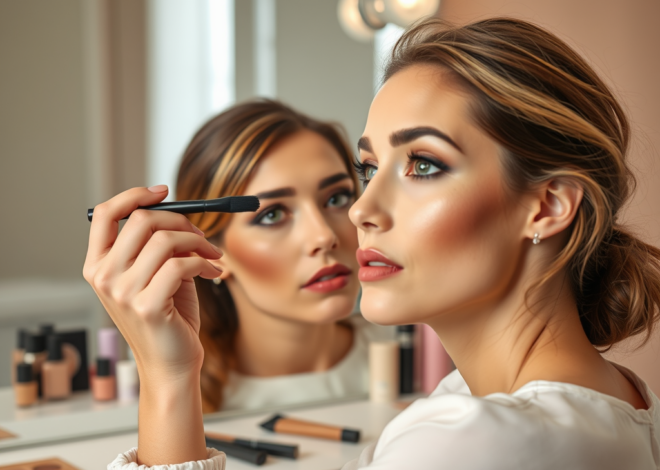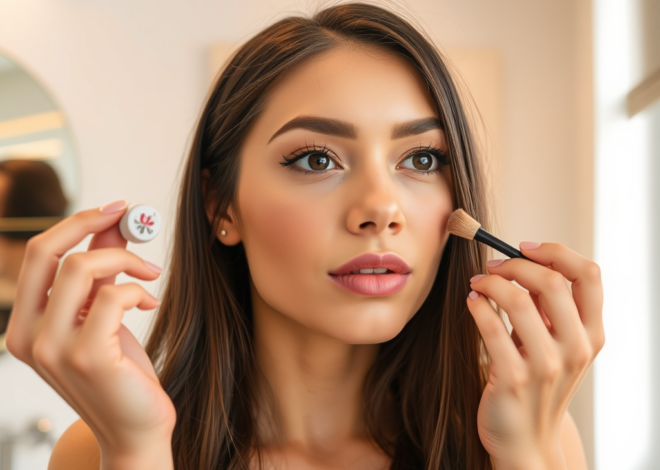
Cream vs Powder Bronzer: Which Is Best For You
When it comes to choosing between cream and powder bronzers, the best option for you largely depends on your skin type, desired finish, and personal preference. Cream bronzers are renowned for their ability to create a dewy, hydrated look, making them particularly suitable for dry or mature skin. Conversely, powder bronzers are loved for their ease of use and long-lasting effect, ideal for those with oily skin or seeking a matte finish. Understanding the distinct benefits of each will help you make an informed decision that aligns with your makeup needs and daily routine.
Understanding Your Skin Type
The quest for the perfect bronzer starts with an understanding of your skin type. Oftentimes, your skin’s natural characteristics can greatly determine which formula will work in harmony with your complexion:
- Dry Skin: If you have dry skin, cream bronzers can actually be nourishing, as they often contain hydrating ingredients that help moisturize while providing color.
- Oily Skin: Those with oily skin might prefer powder bronzers, which can absorb excess oil, reducing shine and offering a smoother finish.
- Combination Skin: If you have a combination skin type, you may need to experiment with both formulas or use them in tandem, applying cream bronzer for added glow and powder to set and mattify certain areas.
- Sensitive Skin: Individuals with sensitive skin should look for hypoallergenic and non-comedogenic options, which are less likely to irritate or clog pores.
By choosing a product that aligns with your skin type, you’re less likely to encounter issues such as cakiness, dry patches, or excessive oiliness.
The Finish You Desire
The result you aim to achieve with your bronzer can greatly influence your choice between cream and powder:
- Natural Glow: Cream bronzers are masters of the natural, sun-kissed glow, seamlessly blending into the skin for a more lifelike finish.
- Matte Finish: Powder bronzers provide a matte look that’s great for contouring or when you want to reduce shine and create a more polished appearance.
Also, consider the season or occasion. Cream bronzers work wonders for a summer beach vibe or when you need extra hydration in the winter. Powder bronzers, on the other hand, might be your go-to for formal events where you want your makeup to remain unblemished throughout.
Application and Blending
Even the most high-quality bronzer can look underwhelming if not applied correctly. Each type of bronzer requires different techniques for optimal results:
- Cream Bronzer: This formula is best applied with fingers, a sponge, or a stippling brush. It provides a more forgiving application, allowing you time to blend and build up the product.
- Powder Bronzer: Apply it with a fluffy, angled bronzer brush for quick, even distribution. It’s perfect for a swiftly executed makeup routine.
Remeber that blending is key – regardless of the formula, ensure you’re blending the product into the skin to avoid any harsh lines or unflattering patches.

Longevity and Touch-ups
How often you’re willing to touch up your makeup during the day might lean you towards one formula over another:
- Cream Bronzer: Often requires more frequent touch-ups as they tend to slide or fade throughout the day, particularly if you have oily skin or are in a humid environment.
- Powder Bronzer: Tends to have better staying power and is less prone to moving around once it’s set on the face.
Setting your cream bronzer with a translucent powder can help improve its longevity, while powder bronzers occasionally only need a mid-day blot to refresh.
Customizing Your Bronzer
One final consideration is whether you like customizing your makeup. Cream and powder bronzers offer different routes for customization:
- Cream Bronzer: Layering is effortless; you can mix it with foundation or highlighter to create a bespoke bronzing lotion.
- Powder Bronzer: Mixing powders allows for a custom shade, and it’s easier to achieve a precise ombre effect when contouring.
In the world of makeup, there’s no one-size-fits-all answer. It’s all about playing with textures and shades until you find the perfect bronzer that meets your preference and lifestyle needs.
Conclusion
Choosing between cream and powder bronzer comes down to personal choice, skin type, desired finish, and touch-up preferences. Cream bronzers excel in creating a dewy glow and tend to work well for those with dry or mature skin, while powder bronzers offer a matte finish and are ideal for oily skin or those needing long-lasting wear. The application process differs for each, but blending is paramount to achieving an even, natural look. Ultimately, exploring and understanding both forms can be a fun and rewarding step to enhancing your makeup routine. Experimentation is the key to determining which bronzer will elevate your beauty regimen to its sun-kissed best.
FAQs
1. Can I use cream and powder bronzer together?
Yes, many makeup artists use cream bronzer to achieve a glowy base and then apply powder bronzer on top for added definition and longevity.
2. How do I stop cream bronzer from slipping off my oily skin?
Setting your cream bronzer with a translucent powder can help keep it in place. Also, using a mattifying primer before application can be beneficial.
3. Are there any bronzers that work for all skin types?
While certain formulas may be marketed as suitable for all skin types, it’s important to choose a bronzer based on your skin’s specific needs. Mineral-based bronzers may be a safer bet for all skin types.
4. How do I choose the right bronzer shade?
Select a bronzer that’s one or two shades darker than your natural skin tone, and consider your undertone—opt for a cooler shade if you have pink undertones and a warmer one if you have yellow undertones.
5. Should I apply bronzer or blush first?
It’s generally recommended to apply bronzer first to define and shape the face, followed by blush to add color and life to your cheeks.


